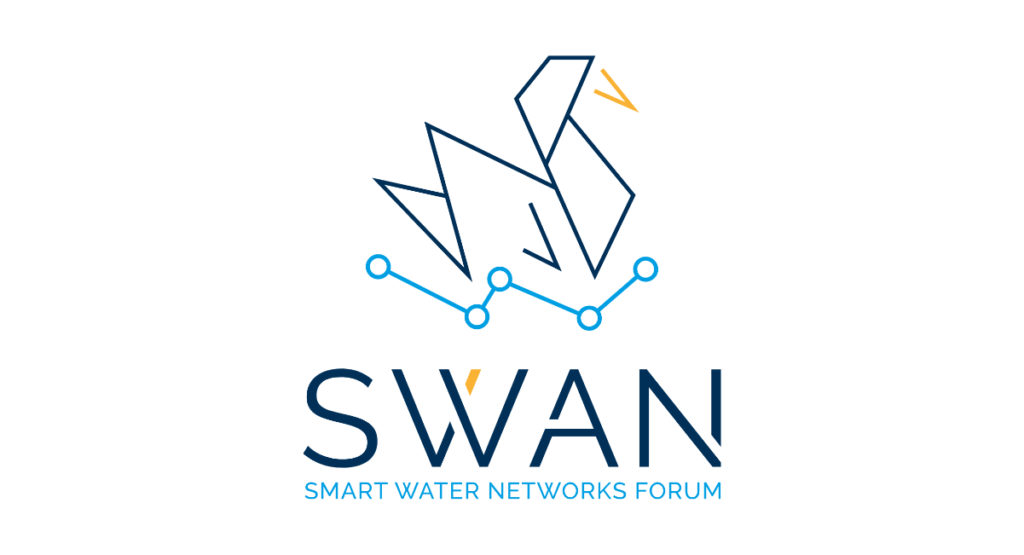
The smart link between consumption and supply
DLMS User Association is a leading voice globally in interoperable and secure data exchange, providing a foundation for innovation and growth to support strategic energy and water management.
Our latest news
Events

Our Global Footprint
Our Association in Numbers
Our Know-How
What we offer

SPECIFICATIONS
DLMS/COSEM is a global specification that defines a language for data exchange between devices and/or head-end systems and guides manufacturers, vendors, and consumers to ensure their devices and services meet certain criteria for data exchange, interoperability, efficiency, and security.

QUALIFICATION
DLMS UA’s Qualification Program certifies devices that meet optimal criteria for interoperability and data exchange security. Members can participate in this program, which is recognized by all major standardization authorities in the industry. In addition, DLMS UA Accredited Test Laboratories can certify non-member devices against any norm published by international standardization bodies having adopted DLMS UA specifications.

TRAINING
DLMS UA provides training programs designed to help members achieve successful DLMS implementation. Accredited experts provide global knowledge and best practices to help both members and non-members achieve their potential.
Our Environment
Energy & Water
Electricity. Gas. Heat. Water.
The energy market plays a crucial role in powering the world’s economies and supporting the daily lives of individuals. As the global population continues to grow and modernize, the demand for energy and water is also increasing. The energy market is becoming more diverse with the emergence of new players, the changing dynamics of business operations and an ever-increasing level of complexity. With an increasing global population and growing demand for water resources, the need for effective water management has become more pressing than ever.
Our Environment
Decentralized Energy
Storage. Battery.
As the market continues to evolve and the use of embedded and decentralized generation and energy storage becomes more mainstream, it is important for the energy market to adopt a more holistic, integrated approach that considers the environmental, economic, and social impacts of energy production and consumption. The integration of battery storage and decentralized generation into the grid, along with standardization of the process, is crucial to ensure reliable and efficient energy supply, as well as to optimize the use of renewable energy sources.
Our Environment
Electric Vehicle
E-Vehicles.
The rise in popularity of Electric Vehicles (EVs) as consumers and businesses look for more sustainable and efficient transportation options has led to the growth of the EV charging market. Governments and businesses are also increasingly investing in charging infrastructure to support the transition to electric transportation. However, the market is still facing challenges, such as a lack of standardization and the high upfront cost of installing charging stations.
Our Environment
Appliances
Heat Pumps. Air Conditioning.
The global HVAC and appliances market is growing rapidly, fueled by population growth, urbanization, and rising concerns about energy efficiency and indoor air quality. This growth is further driven by technological advancements and regulatory trends, including the adoption of renewable energy sources and stricter efficiency standards. However, the increased use of heat pumps and air conditioning requires careful management to ensure grid stability amidst rising energy demand.
Our Environment
Sensing & Monitoring
Sensors. Remote Display.
The HUMS (Health & Usage Monitoring Systems) market is expected to grow significantly in the coming years due to increasing demand for predictive maintenance and asset management. Despite the many challenges that the HUMS market is facing (high cost of implementing HUMS systems, the need for specialized technicians to maintain and operate the systems, and the challenge of integrating HUMS data with other systems…), the market is expected to continue to grow as the benefits of HUMS become more widely recognized particularly for the Energy and Water networks last miles.
Our Association in Numbers
What we offer

SPECIFICATION
DLMS/COSEM is a global specification that defines a language for data exchange between devices and/or head-end systems and guides manufacturers, vendors, and consumers to ensure their devices and services meet certain criteria for data exchange, interoperability, efficiency, and security.

QUALIFICATION
DLMS UA’s Qualification Program certifies devices that meet optimal criteria for interoperability and data exchange security. Members can participate in this program, which is recognized by all major standardization authorities in the industry. In addition, DLMS UA Accredited Test Laboratories can certify non-member devices against any norm published by international standardization bodies having adopted DLMS UA specifications.

TRAINING
DLMS UA provides training programs designed to help members achieve successful DLMS implementation. Accredited experts provide global knowledge and best practices to help both members and non-members achieve their potential.
Energy & Water
Electricity. Gas. Heat. Water.
The energy market plays a crucial role in powering the world’s economies and supporting the daily lives of individuals. As the global population continues to grow and modernize, the demand for energy and water is also increasing. The energy market is becoming more diverse with the emergence of new players, the changing dynamics of business operations and an ever-increasing level of complexity. With an increasing global population and growing demand for water resources, the need for effective water management has become more pressing than ever.
Decentralized Energy
Storage. Battery.
As the market continues to evolve and the use of embedded and decentralized generation and energy storage becomes more mainstream, it is important for the energy market to adopt a more holistic, integrated approach that considers the environmental, economic, and social impacts of energy production and consumption. The integration of battery storage and decentralized generation into the grid, along with standardization of the process, is crucial to ensure reliable and efficient energy supply, as well as to optimize the use of renewable energy sources.
Electric Vehicle
E-Vehicles.
The rise in popularity of Electric Vehicles (EVs) as consumers and businesses look for more sustainable and efficient transportation options has led to the growth of the EV charging market. Governments and businesses are also increasingly investing in charging infrastructure to support the transition to electric transportation. However, the market is still facing challenges, such as a lack of standardization and the high upfront cost of installing charging stations.
Appliances
Heat Pumps. Air Conditioning.
The global HVAC and appliances market is growing rapidly, fueled by population growth, urbanization, and rising concerns about energy efficiency and indoor air quality. This growth is further driven by technological advancements and regulatory trends, including the adoption of renewable energy sources and stricter efficiency standards. However, the increased use of heat pumps and air conditioning requires careful management to ensure grid stability amidst rising energy demand.
Sensing & Monitoring
Sensors. Remote Display.
The HUMS (Health and Usage Monitoring System) market is expected to grow significantly in the coming years due to increasing demand for predictive maintenance and asset management. Despite the many challenges that the HUMS market is facing (high cost of implementing HUMS systems, the need for specialized technicians to maintain and operate the systems, and the challenge of integrating HUMS data with other systems…), the market is expected to continue to grow as the benefits of HUMS become more widely recognized particularly for the Energy and Water networks last mile.